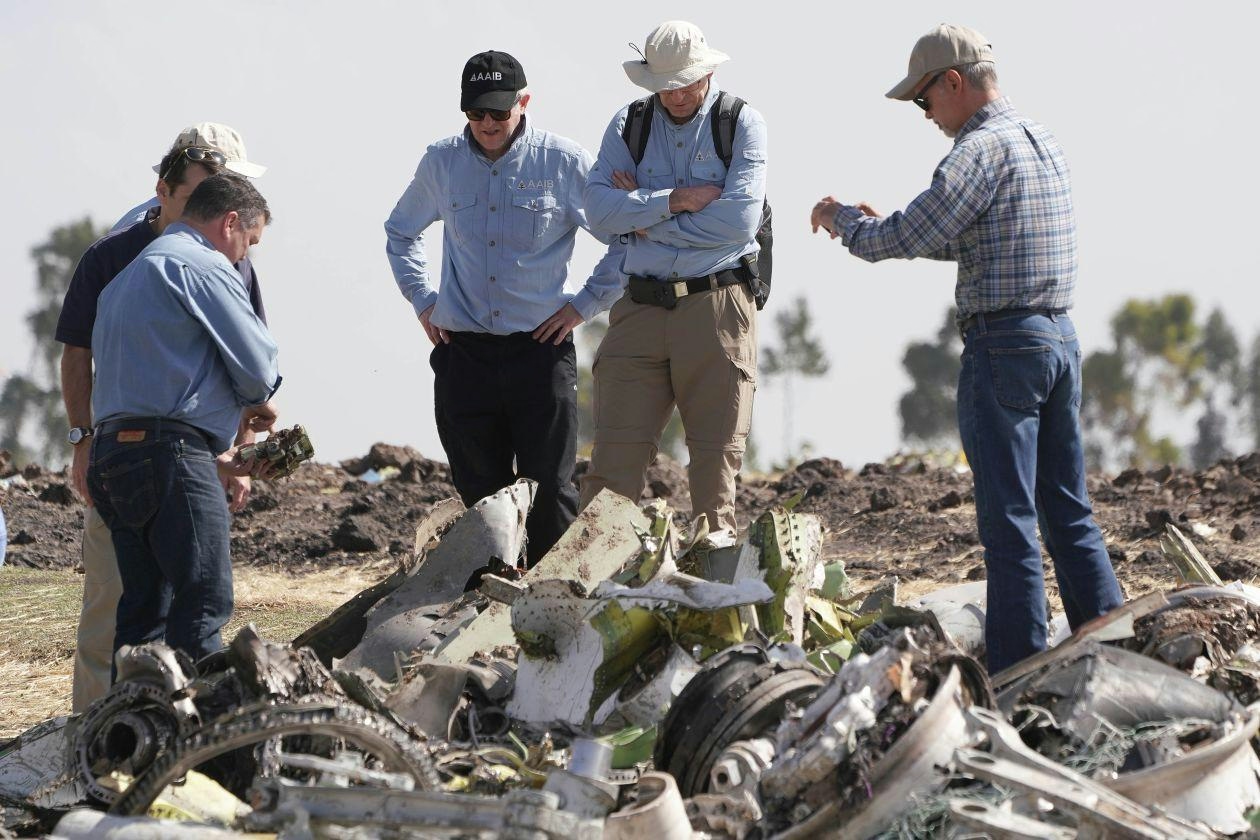AeroGenie — Your Intelligent Copilot.
Trending
Categories
Pilots’ Association Calls for Judicial Inquiry into Air India Crash, Citing Compromised Investigation

Pilots’ Association Calls for Judicial Inquiry into Air India Crash, Citing Compromised Investigation
Concerns Over Investigation Integrity and Impartiality
The Federation of Indian Pilots (FIP) has formally demanded a judicial inquiry into the investigation of the fatal Air India Flight AI 171 crash, raising serious concerns about the integrity and impartiality of the ongoing probe. In a letter addressed to the Ministry of Civil Aviation on September 22, the FIP urged the government to establish a Court of Inquiry led by a retired Supreme Court judge to ensure an independent and transparent examination of the incident.
The pilots’ association’s call follows growing criticism of the Aircraft Accident Investigation Bureau (AAIB), which the FIP accuses of fundamentally compromising the legality and fairness of the investigation. The association alleges that the AAIB’s conduct has transcended procedural errors, amounting to manifest bias and unlawful actions. It warns that the current trajectory of the probe risks undermining pilot morale across the aviation sector.
Allegations of Procedural Misconduct and Premature Conclusions
At the heart of the FIP’s concerns is an incident on August 30, when AAIB officials reportedly visited the home of Captain Sabharwal’s 91-year-old father under the pretext of offering condolences. During this visit, the officials allegedly made damaging insinuations based on a selective interpretation of cockpit voice recorder (CVR) data and a so-called “layered voice analysis.” These insinuations suggested that Captain Sabharwal deliberately moved the fuel control switches to the cutoff position after take-off. The FIP condemned these actions as procedurally improper and professionally indefensible, accusing the AAIB of prematurely advancing a “pilot error” narrative without sufficient evidence.
The controversy deepened following leaks of protected CVR information to the media, which the FIP asserts violates Rule 17(5) of the Aircraft (Investigation of Accidents and Incidents) Rules, 2017. This rule explicitly prohibits the public disclosure of cockpit audio content. The pilots’ association contends that these leaks have resulted in the character assassination of a highly experienced aviator with over 30 years of flying and more than 15,000 flight hours.
Calls for Compliance with Investigation Protocols and Broader Industry Implications
The FIP emphasized that, according to Rule 3 of the 2017 regulations, the primary objective of any accident investigation should be the prevention of future incidents rather than the assignment of blame. The association argues that the AAIB’s conduct violates this principle and contravenes the spirit and provisions of ICAO Annex 13, which mandates independent and impartial investigations by member states. The Supreme Court of India has also expressed criticism of the aviation authorities’ handling of the crash aftermath, describing it as irresponsibly managed and voicing concern over suggestions that the pilots deliberately shut off the fuel supply.
The investigation’s focus on the senior pilot has prompted calls for additional evidence, including cockpit video recordings, to clarify crew interactions and resolve conflicting interpretations of pilot actions. The tragedy has reignited debate over the working conditions of Indian pilots, who, amid soaring travel demand prior to the crash, were often subjected to maximum flying hours with inadequate rest.
Drawing parallels to the 2010 Air India Express Flight 812 crash in Mangalore, where a Court of Inquiry was convened, the FIP insists that the magnitude of the current tragedy warrants an equally decisive response. The association’s demand for a judicial probe has sparked widespread discussions within the industry regarding regulatory oversight, market stability, and the necessity of transparent accident investigations to uphold public confidence in Indian aviation.

Emirates Unveils Cabin Design for New Boeing 777X

Eighteen Years On, the Airbus A380 Remains Central to a $34 Billion Airline

How a boom in luxury airline seats is slowing down jet deliveries

Navitaire Outage Attributed to Planned Maintenance

DigiYatra Debuts Outside Aviation at India AI Impact Summit

Vietnam Orders Strengthen Boeing’s Commercial Outlook

Airbus Signals Uncertainty Over Future A400M Orders

JobsOhio Awards $2 Million Grant to Hartzell Propeller for Innovation Center

Collins Aerospace Tests Sidekick Autonomy Software on YFQ-42A for U.S. Air Force CCA Program

How the Airbus A350-1000 Compares to the Boeing 777
